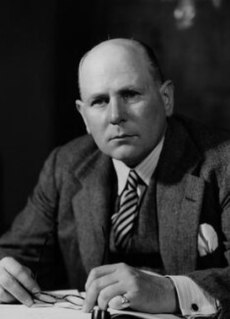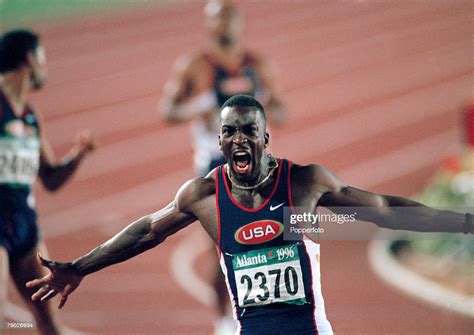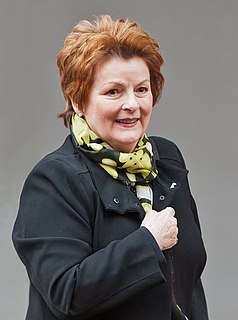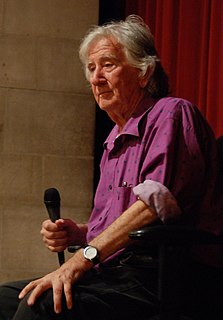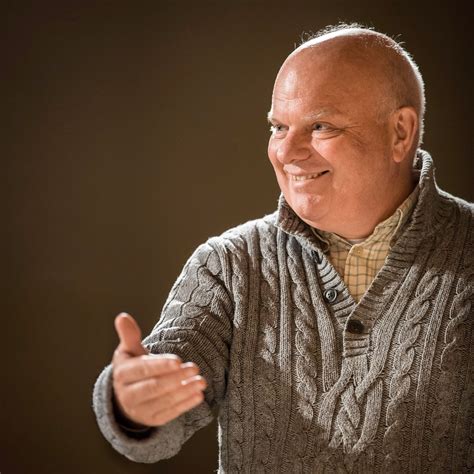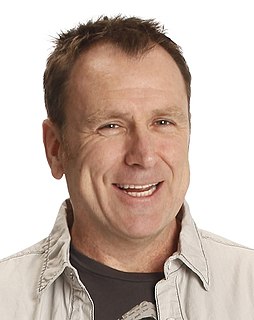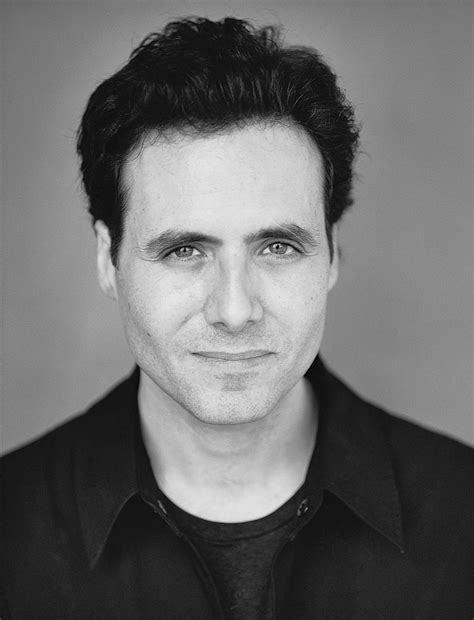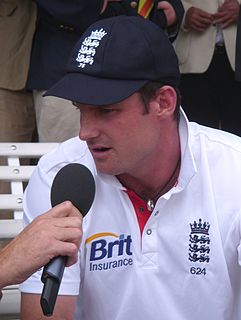A Quote by James Agate
Theatre director: a person engaged by the management to conceal the fact that the players cannot act.
Related Quotes
Theatre has nothing to do with buildings or other physical constructions. Theatre - or theatricality - is the capacity, this human property which allows man to observe himself in action, in activity. Man can see himself in the act of seeing, in the act of acting, in the act of feeling, the act of thinking. Feel himself feeling, think himself thinking.
If every auditorium were razed to the ground, theatre would still survive, because the hunger in each of us to act and be acted to, is genetic. This intense hunger even crosses the threshold of sleep. For we direct, perform and witness performances every night - theatre cannot die before the last dream has been dreamt.
David Foster Wallace: I think one of the insidious lessons about TV is the meta-lesson that you’re dumb. This is all you can do. This is easy, and you’re the sort of person who really just wants to sit in a chair and have it easy. When in fact there are parts of us, in a way, that are a lot more ambitious than that. And what we need, I think—and I’m not saying I’m the person to do it. But I think what we need is seriously engaged art, that can teach again that we’re smart. And that there’s stuff that TV and movies—although they’re great at certain things—cannot give us.
When people ask me if musical theatre should be taught in music colleges, I reply that there is no need. All anyone needs to study is the second act of La Boheme because it is the most tightly constructed piece of musical theatre that there is. It is practically director-proof: you can't stage it badly because it just works too well. If you can write La Boheme, you can write anything. I would also recommend studying Britten's Peter Grimes.
